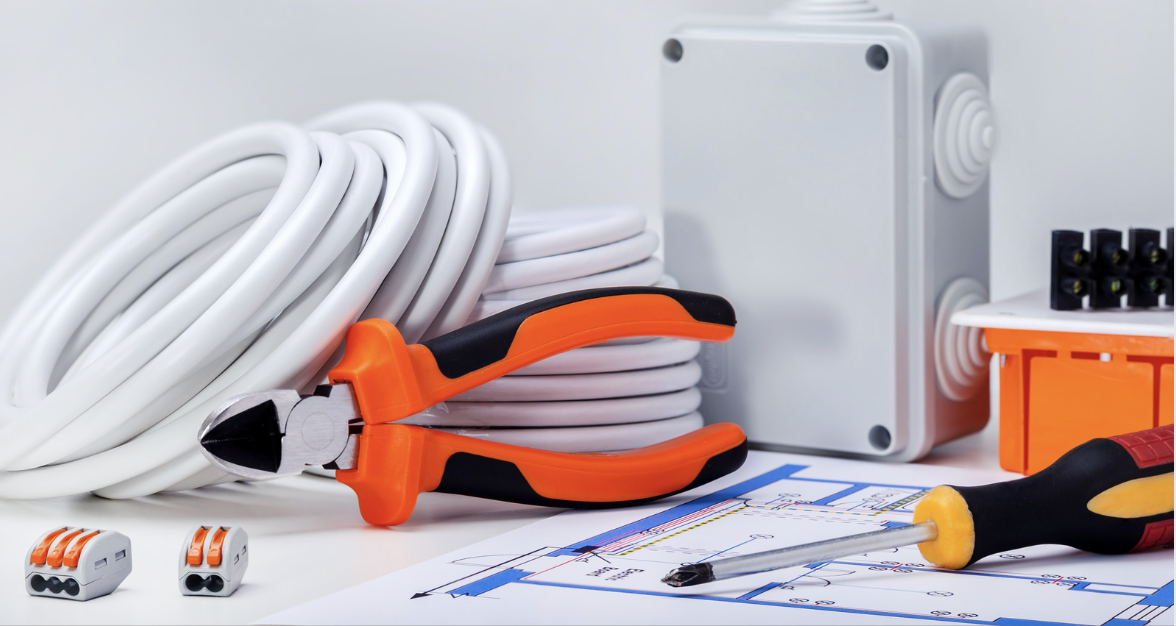Why a Home Electrical Inspection is Essential for Safety & Efficiency
A home electrical inspection is a crucial step in maintaining the safety, efficiency, and reliability of your electrical system. Whether you're purchasing a new home, planning renovations, or ensuring routine maintenance, understanding the inspection process can help you make informed decisions and avoid potential hazards.
What Does a Home Electrical Inspection Include?
1. Exterior Inspection
The inspection begins outside, where the inspector assesses the electrical service entrance. This includes checking the meter box, service panel, and grounding system for any signs of wear, damage, or outdated components that could compromise safety.
2. Main Electrical Panel
Inside the home, the inspector thoroughly examines your main electrical panel. They check for proper labeling, correctly sized circuit breakers or fuses, and signs of overheating or corrosion. The panel's amperage rating is also evaluated to ensure it meets the demands of your household.
3. Outlets and Switches
All accessible outlets and switches throughout your home are tested for proper wiring, grounding, and polarity. In high-risk areas such as kitchens, bathrooms, and outdoor spaces, the inspector ensures that Ground Fault Circuit Interrupter (GFCI) protection is in place to prevent electrical shocks.
4. Light Fixtures and Appliances
The inspector assesses the condition and wiring of light fixtures, ceiling fans, and other permanently installed electrical devices. Major appliances, such as ovens and HVAC systems, are also checked to confirm they are on dedicated circuits when required.
5. Wiring System Evaluation
In older homes, outdated wiring methods like knob-and-tube or aluminum wiring can pose safety risks. The inspector identifies these potential hazards and looks for any unpermitted DIY electrical modifications that might not meet current electrical codes.
6. Attics and Crawlspaces
These often-overlooked areas are inspected for proper wire routing, secure junction boxes, and any signs of rodent damage to electrical wiring.
Why You Should Schedule a Home Electrical Inspection
Once the inspection is complete, you’ll receive a detailed report outlining any issues found, their severity, and recommendations for necessary repairs or upgrades. This information helps you prioritize electrical work, ensure your system is safe, and remain compliant with local electrical codes.
While a visual inspection is thorough, it may not catch every hidden issue. That’s why hiring a licensed professional is essential for a complete and reliable assessment.
Schedule Your Home Electrical Inspection Today!
Don't wait until an electrical issue arises—protect your home and loved ones with a professional electrical inspection. Contact us today to schedule an appointment and ensure your home’s electrical system is up to code and running safely!

